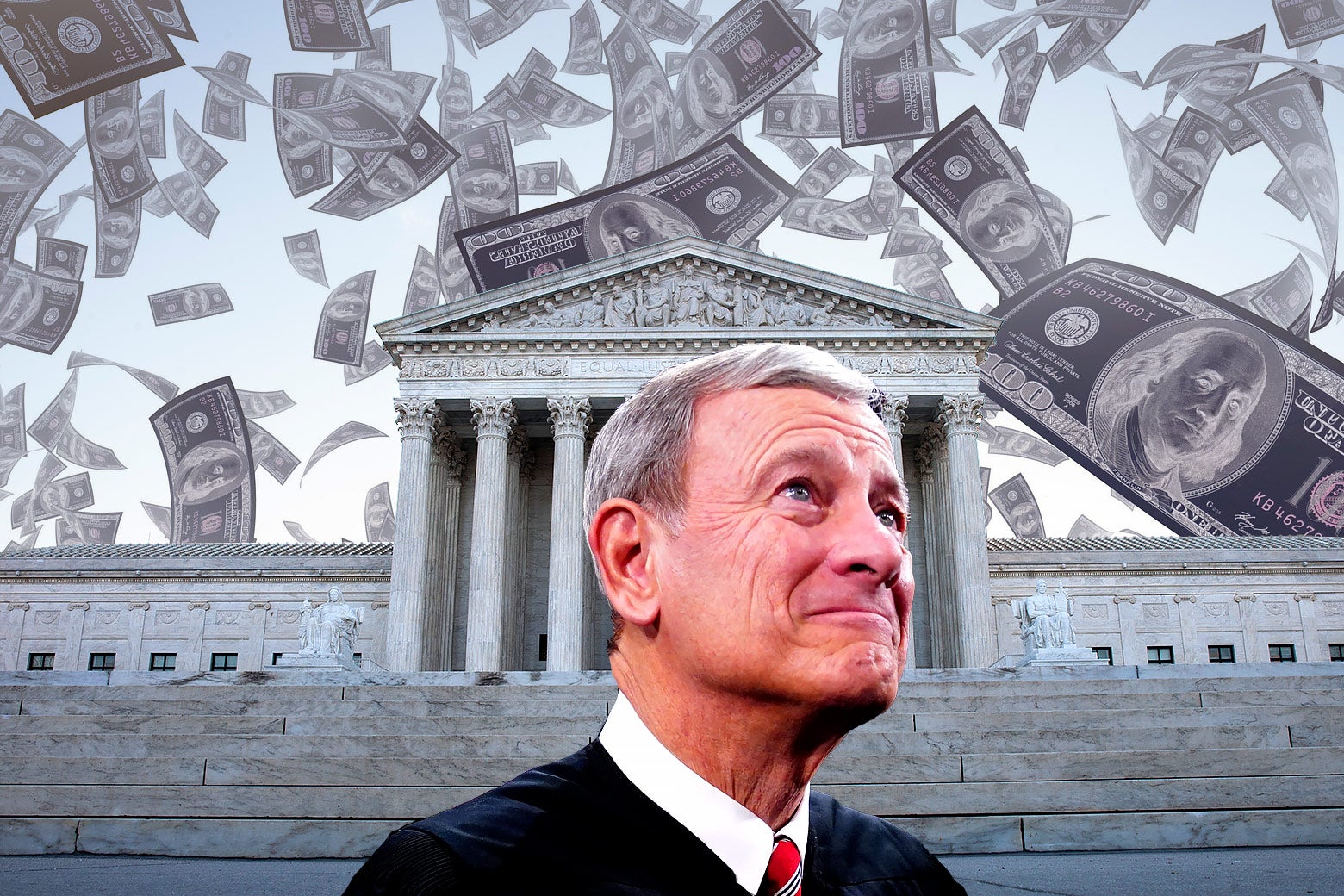
:quality(70)/cloudfront-us-east-1.images.arcpublishing.com/archetype/GNRUQ5DPLJZGQ2TTJBZEE3DYKB.jpg)
The US government has always played a significant role in the country's economy, contrary to the myth of small government. Even in the Colonial era, the government intervened in markets to address market failures and promote economic growth [380c6765]. After gaining independence from Great Britain, the Federalists and Anti-Federalists debated the division of power between the federal and state governments. However, both sides agreed that the government should have a substantial role in the new nation [380c6765]. The Federalists, led by Alexander Hamilton, advocated for a strong federal government that would manage the economy and invest in infrastructure. On the other hand, Thomas Jefferson and other Anti-Federalists were concerned about the potential corruption of a powerful centralized federal government but did not campaign against the regulatory activities at the state level [380c6765].
Throughout American history, the federal government has responded to market failures by regulating consumer markets, addressing economic crises, and promoting economic opportunity. During the Great Depression, the government implemented various policies to restore economic stability and provide relief to those affected by the crisis. Similarly, after the 2008 subprime mortgage crisis and the COVID-19 pandemic, the government took measures to restore the markets and support the economy [380c6765].
The Supreme Court has also played a significant role in shaping the U.S. economy by managing the mix of government and markets. It has protected business against regulation and facilitated government intervention when markets were inconsistent with values of equality, liberty, fairness, and the public interest. The court initially supported nation-building and preserved the national bank, protected competition in interstate commerce, ruled against state interference with contracts, and favored competition over monopolies. Later, it accepted regulation as a countervailing power to corporate strength, sanctioned the regulation of monopolies, prosecuted antitrust violations, and created new administrative agencies [19a031be].
During the Great Depression, the court supported extensive government expansion but also declared two government programs unconstitutional. In response to the Great Society, the court deferred to Congress and upheld the Civil Rights Act and regulations in energy markets. The Roberts court has worked to reduce government's role in regulating markets, narrowing the EPA's authority, ruling against labor unions, and restricting consumer access to trial courts. The court has yet to decide pending cases that could impact the regulatory system. It has also narrowed deference to agency interpretations of statutes and may eliminate it altogether. The court will decide whether federal courts can second-guess prescription drug approvals by the FDA and whether the arrangement of agencies initially deciding violations of laws and regulations is unconstitutional [19a031be].
The idea of small government is a myth that ignores centuries of American history and threatens the country's political values. Climate change is one example of a complex problem that cannot be solved by relying solely on free markets. The government has a crucial role to play in addressing such challenges and promoting the well-being of its citizens [380c6765].
Understanding the historical role of the US government in the economy is essential for policymakers and citizens to make informed decisions about government intervention and its impact on economic growth and stability. By recognizing the government's long-standing involvement in the economy, stakeholders can better navigate the complexities of economic policy and work towards sustainable and inclusive economic development [380c6765].